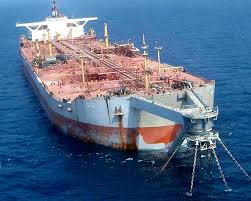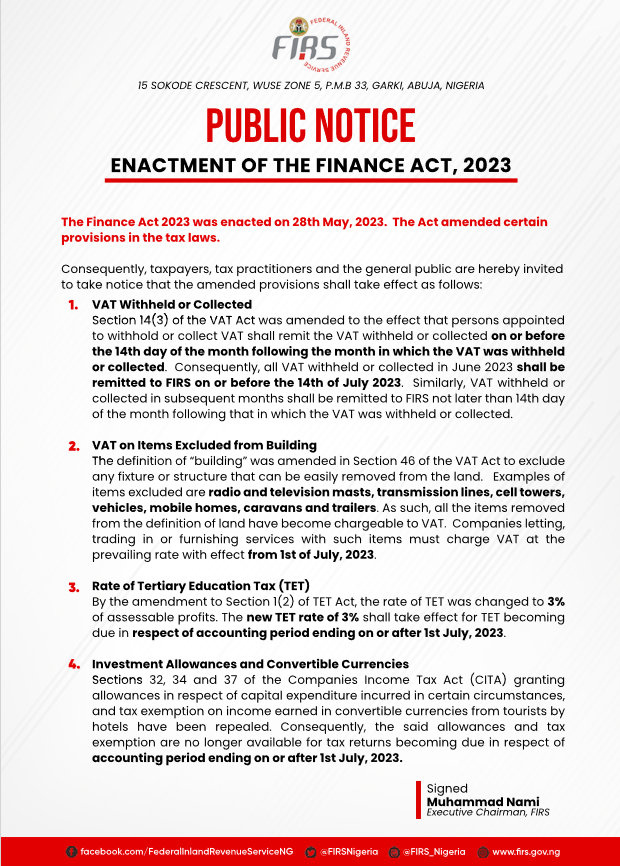Howden has announced the successful binding of insurance coverage that enables the UN to proceed with a mission to avert one of the world’s largest oil spills and man-made environmental disasters.
Constructed in 1976 as an Ultra Large Crude Carrier and converted a decade later to be a floating storage and offloading facility for oil, FSO Safer is moored approximately 4.8 nautical miles off the coast of Yemen, holding an estimated 1.14m barrels of light crude oil – four times the amount spilled by the Exxon Valdez.
Conflict in Yemen prompted the suspension of maintenance operations on FSO Safer in 2015. As a result, FSO Safer’s structural integrity has significantly deteriorated, leaving the ship vulnerable to breaking up and, without a functioning system to pump inert gas into its oil tanks, the vessel could explode at any time. A catastrophic spill would not only pollute the environment, but also destroy livelihoods in coastal communities and endanger food and medical supplies in a war-torn region.
The UN-led operation involves the transfer of the oil to a replacement vessel, Very Large Crude Container Nautica and the towing and scrapping of the FSO Safer at a green salvage yard. The most immediate danger of an oil spill will be prevented once the oil has been transferred to the replacement vessel. The UN Development Programme is undertaking the emergency phase of the operation to remove the oil.
Achim Steiner, administrator, United Nations Development Programme, says: “FSO Safer is an ecological and humanitarian timebomb. Without urgent intervention, the damage to the environment, lives and livelihoods could be immense. Insurance became a critical element of enabling this salvage operation to proceed. Without it, the mission cannot go forward. UNDP has been broadening and deepening its work with the global insurance community over recent years. That collaboration is delivering impact in many ways. We are especially grateful to Howden for facilitating this process with the insurance industry on this critical initiative to ensure that coverage has been secured in the most challenging of contexts.”
David Howden, CEO, Howden added: “This is the perfect example of the power of insurance to be a force for good in the world. By de-risking the investment required and mitigating the risks involved in this complex and delicate operation, insurance is playing a central role in preventing one of the largest, man-made disasters the planet will have ever faced. As unique as the FSO Safer operation is, there are a whole host of scenarios where insurance plays a crucial role in protecting our planet and its inhabitants. I hope that, as an industry, we can all be inspired to do everything within our power to help build a more resilient future.”
Howden was appointed by UNDP via a public tender process to identify the insurable risks and arrange insurance cover for the non-standard STS operation. The insurance is supported by significant engineering expertise, which has been mobilised to undertake the movement of the oil and includes naval architects, chemists, surveyors and oil spill response organisations, as well as government entities and the UN.
The coverage both for FSO Safer for the duration of the STS operation and for the replacement vessel, the VLCC Nautica, was successfully bound in the Lloyd’s, London and P&I markets, with Fidelis MGU acting as one of the lead underwriters. The insurance negotiations have resulted in thirteen different underwriting entities being on risk, while more than 100 individual underwriters have been involved in the risk assessment of an exceptionally specialised set of policies for the operation further complicated by the fact that the FSO Safer sits in high-risk waters, as designated by the Joint War Risks Committee.
Insurance has played a pivotal role in de-risking the operation, which is highly complex and covers a range of environmental, geopolitical and humanitarian risks. Coverage has been placed to respond to a wide array of hazards that could arise over the course of the operation, including pollution from the transfer, explosion of the gas on the ship, personal security of the individuals involved in the operation and the removal of the Safer wreck. The entire process is expected to take several months.








































